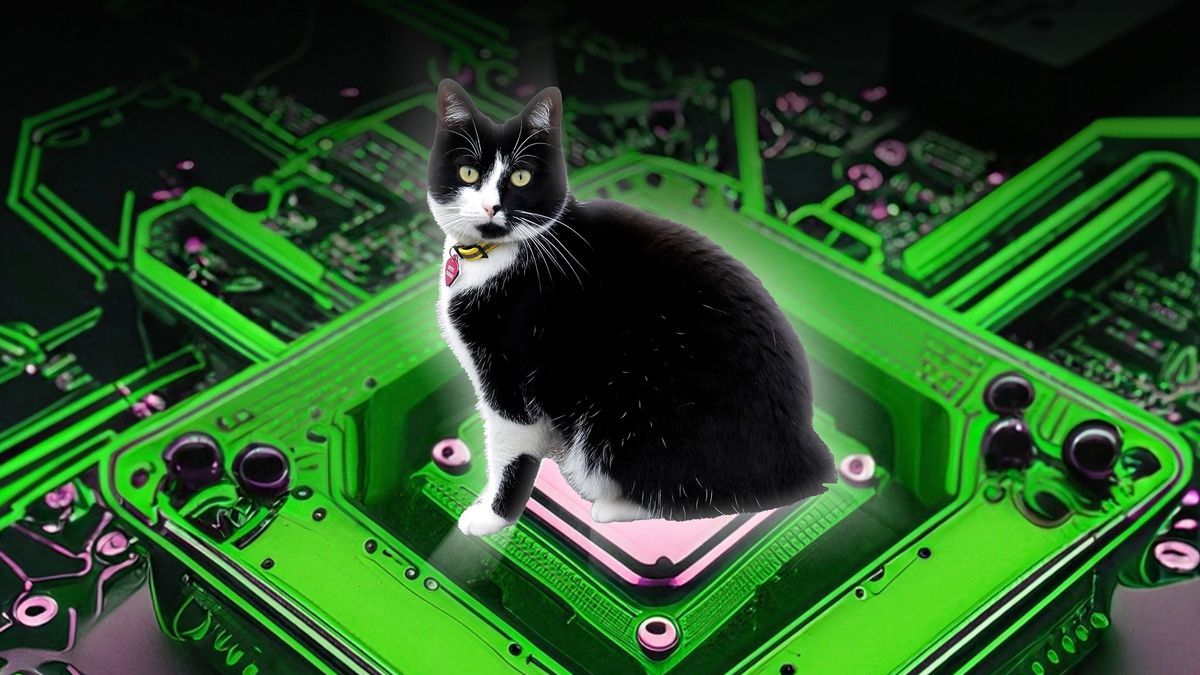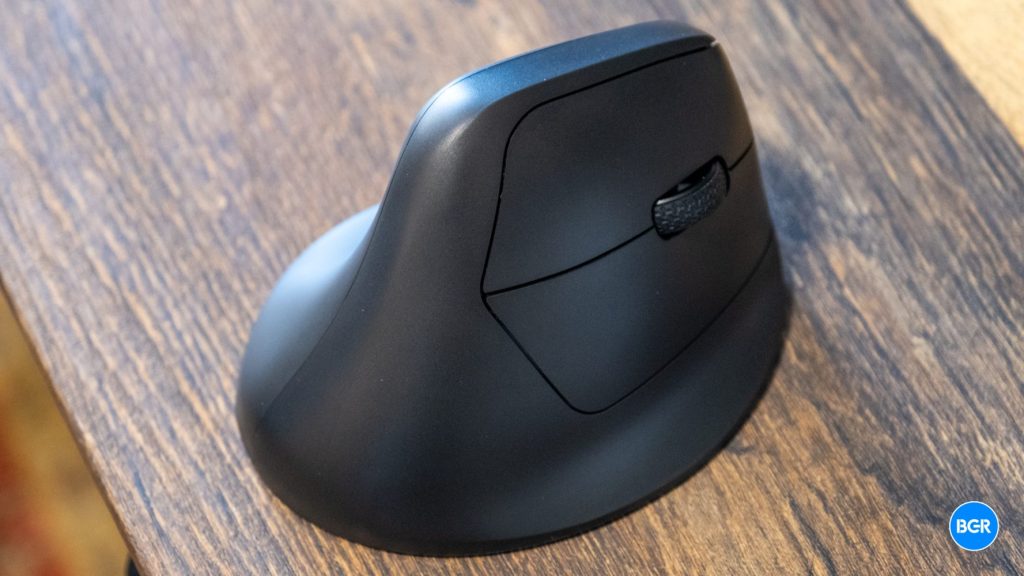Quantum computing company Alice & Bob has improved the reliability of its cat qubits, which could make tomorrow’s quantum computers far more accurate.
Fault tolerance is a major challenge in quantum computing. This is because the qubits in quantum computers are “noisy” and susceptible to decoherence — the loss of quantum information due to interference from the external environment. Improving qubits’ reliability by implementing fault-tolerant technologies has therefore been a key research area.
There has been a particular drive to suppress the error rates associated with bit-flipping (when a qubit switches the probabilities of measuring 0 or 1). But previously, this had been found to lead to increased errors with phase-flipping (when a qubit switches its probabilities of being positive or negative).
Cat qubits are a type of qubit that mimics the superposition principle of Schrödinger’s cat — a thought experiment which postulates that a cat in a box with a randomly activated poison might be considered as both alive and dead until it is directly observed.
“Cat qubits” are designed to reduce bit-flips, thereby reducing the resources required for error correction. Cat qubits have been studied by multiple research teams, with qubits created by Alice & Bob scientists even incorporated into the Ocelot Chip, manufactured by Amazon Web Services (AWS).
Previous Alice & Bob research has demonstrated that cat qubits could achieve a bit-flip lifetime of 138 milliseconds.
But in a new study uploaded Feb. 28 to the pre-print arXiv database, scientists outlined a new way to stabilize cat qubits, with better bit-flip protection of up to 160 times, equating to a cat qubit lifetime of 22 seconds. The effect on the phase-flip rate was minimal.
The team achieved this by compressing the quantum states of cat qubits such that there is a smaller overlap between the two states. For these squeezed cat qubits, they demonstrated a steep reduction in bit-flip error rate as photon numbers increased.
The technique demonstrated in this research is especially useful, as it does not require any modifications to the design of the circuit. “Squeezing” cat qubits will therefore make error correction less resource-intensive than previous methods.
The next stage in Alice & Bob’s research will aim to develop universal fault-tolerant quantum computing, where bit-flips and phase-flips can be efficiently managed. This could lead to practical applications in fields such as chemistry and materials science.
























